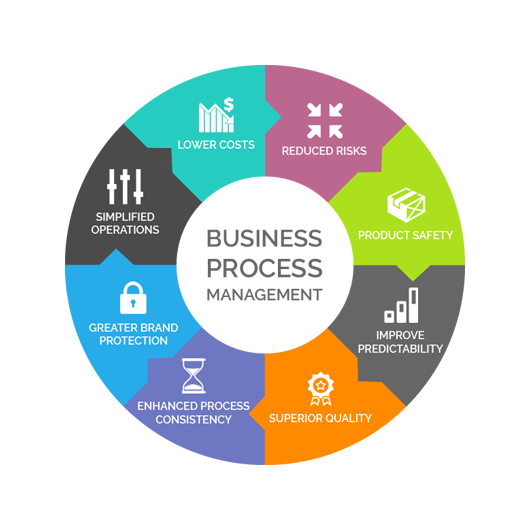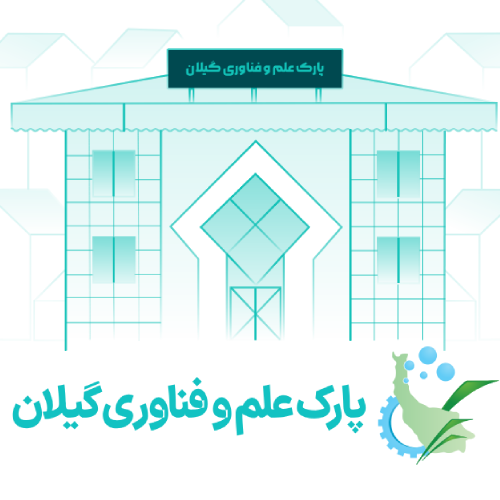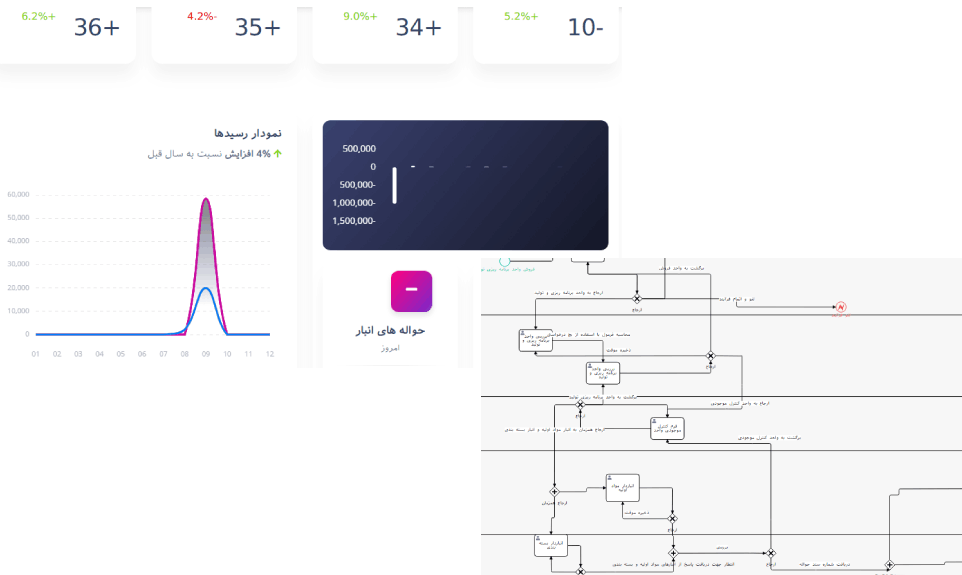کیامهکیامهد.
کیامهدWelcome to Kia Mahd
Intelligent Management Platform for IKIA Work Processes
The intelligent management platform for factory processes, known as Intelligent KIA, has been designed and produced at Kia Mahd Process Khazar with AI/BI dashboards (Artificial Intelligence and Business Intelligence)...


Welcome to Kia Mahd
Intelligent Management Platform for IKIA Work Processes
The intelligent management platform for factory processes, known as Intelligent KIA, has been designed and produced at Kia Mahd Process Khazar with AI/BI dashboards (Artificial Intelligence and Business Intelligence)...




















